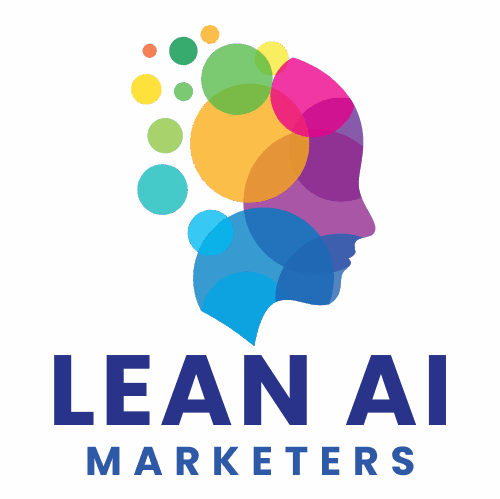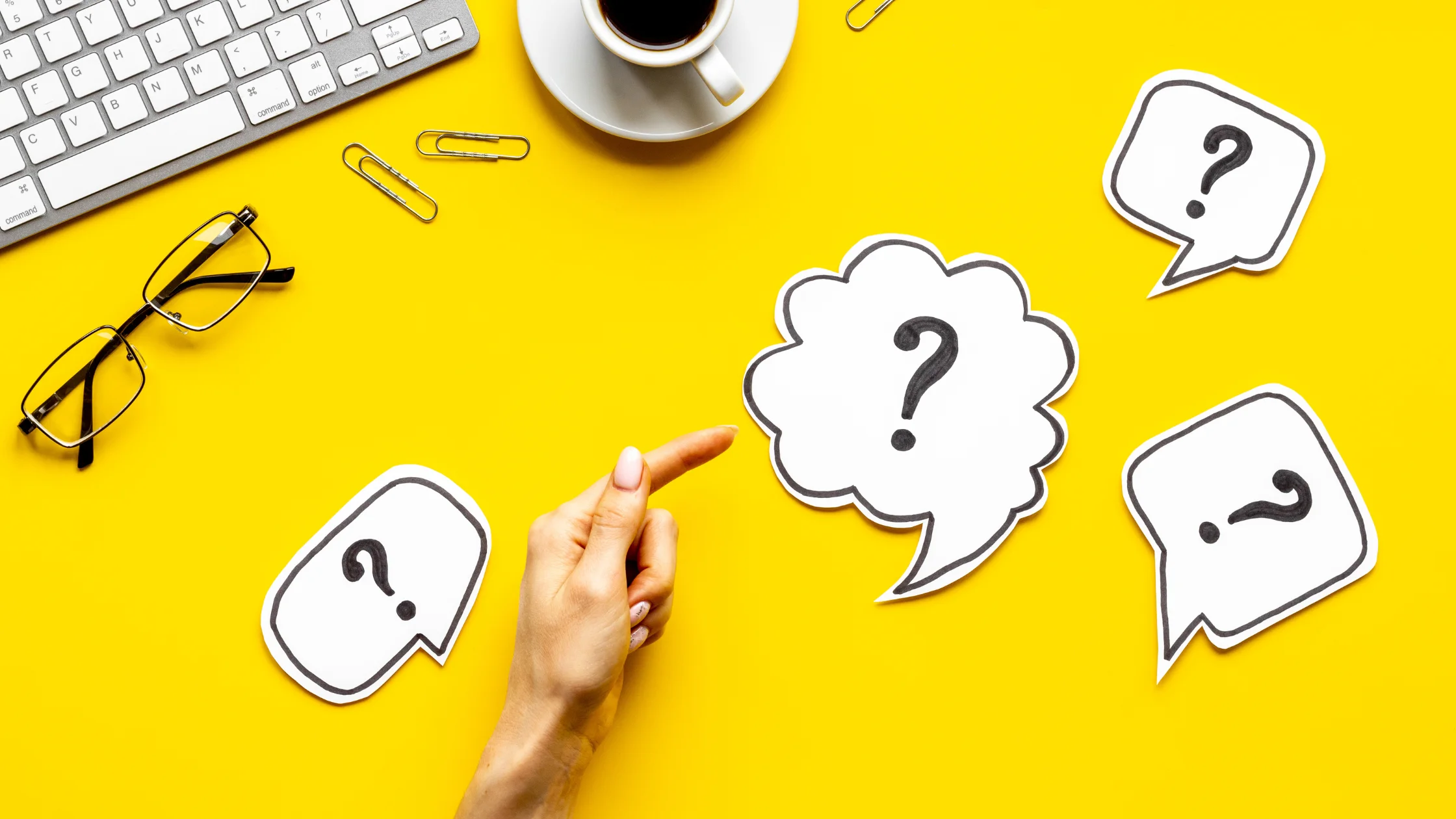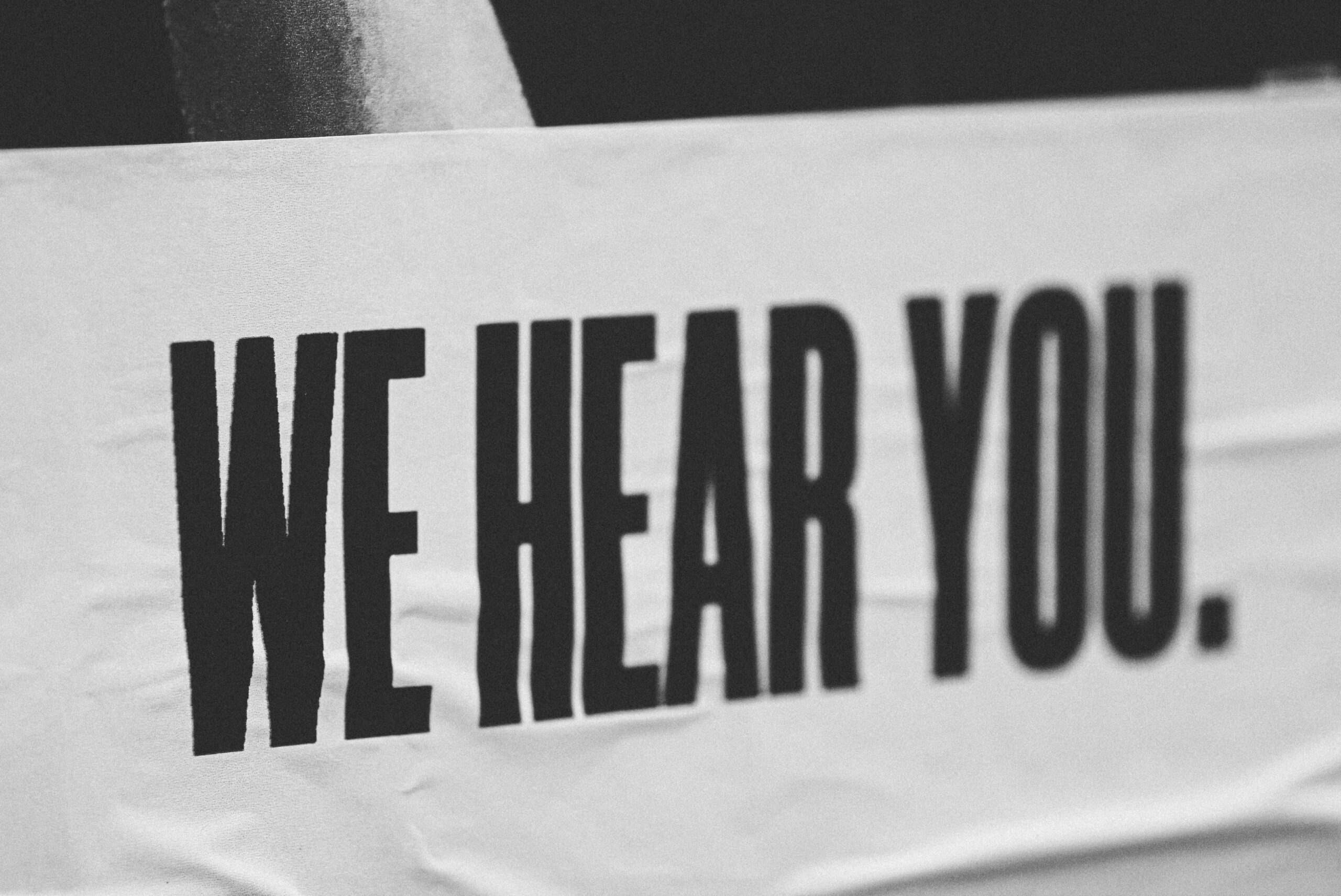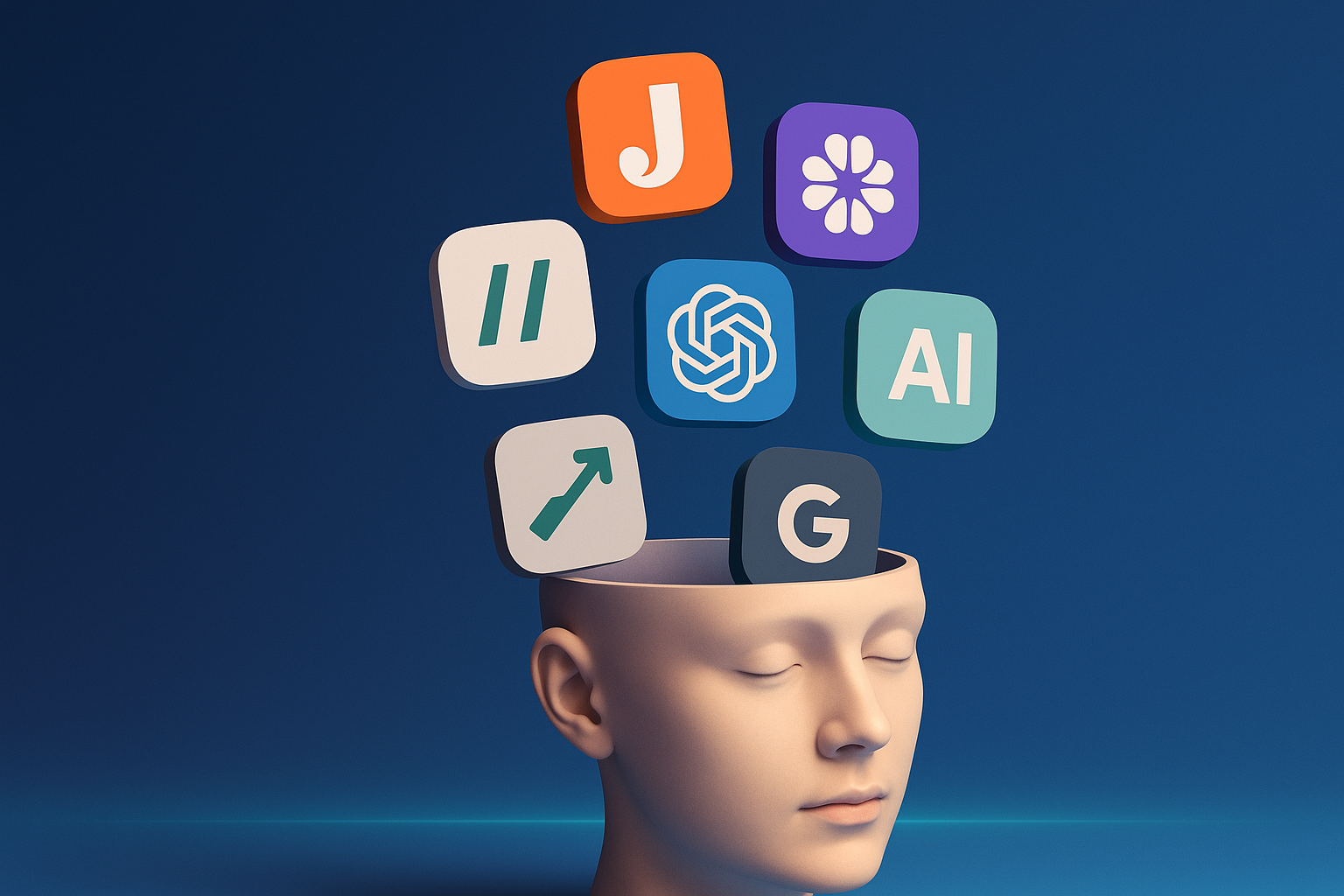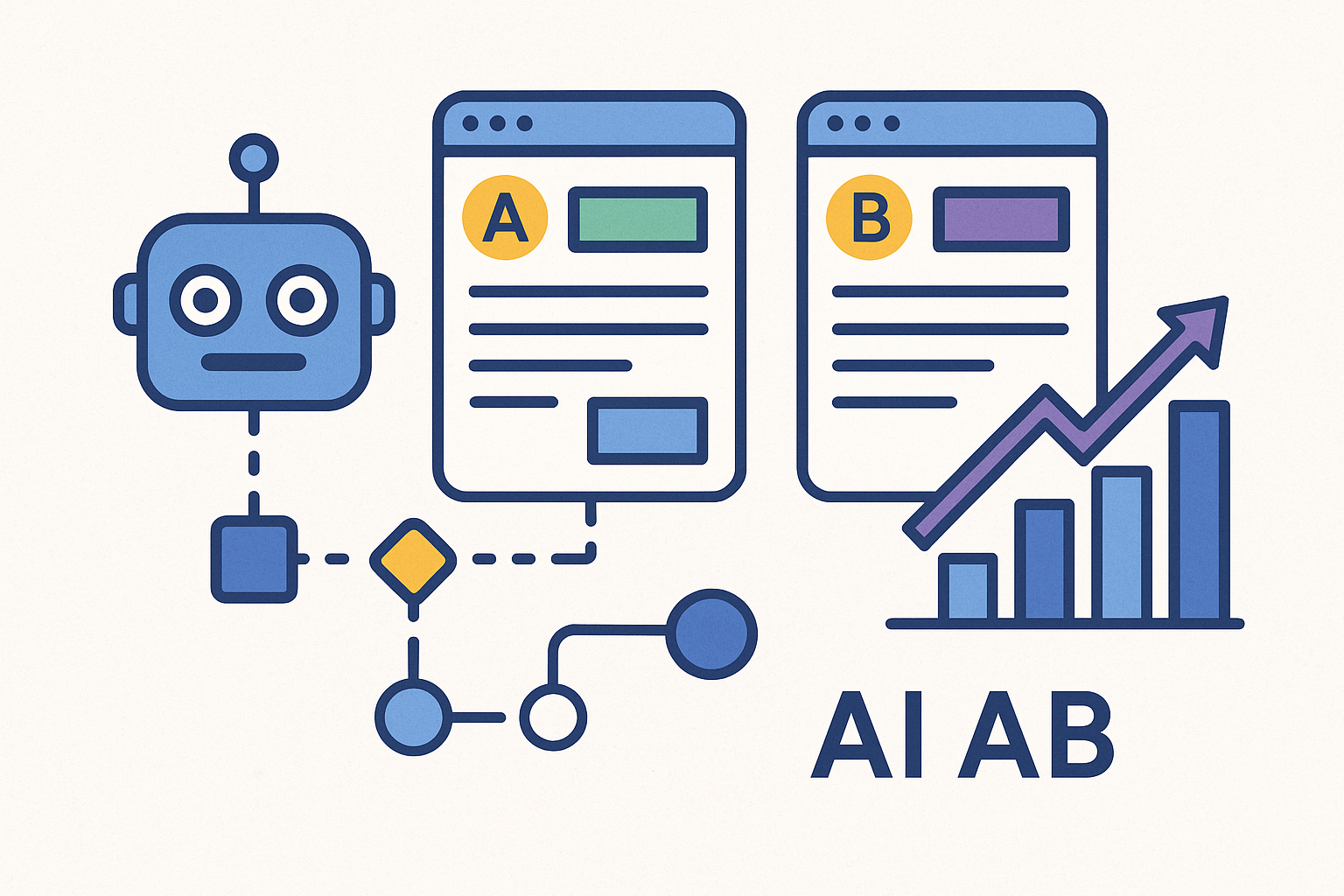ChatGPT vs. Google Search: What Marketers NEED To Know
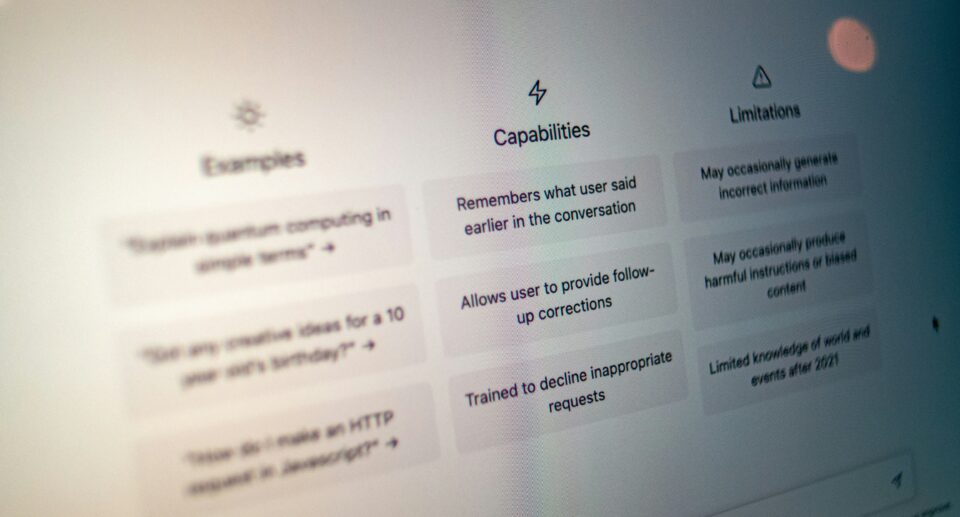
Information is everything.
The right insights, found at the right time, can inform strategy, inspire campaigns, and drive measurable ROI. Traditionally, marketers have leaned on Google Search as their go-to resource for competitive research, SEO questions, content ideation, and trend spotting. But with the emergence of generative AI tools like ChatGPT, the landscape is rapidly shifting.
So, which tool is better for modern marketers? The answer is: it depends on what you’re trying to do.
Let’s break it down.
How ChatGPT and Google Search Work
Google Search is a web indexing engine. It scours billions of webpages to serve up a ranked list of links that it believes best match your query. It relies heavily on relevance, freshness, backlinks, and user behavior to determine what pages are most helpful.
ChatGPT, on the other hand, is a large language model trained on a vast dataset of books, articles, code, and online content (as of its last training cutoff). It doesn’t search the web live. Instead, it generates responses based on patterns it has learned. ChatGPT can summarize, explain, compare, brainstorm, and write—all in natural language.
While Google provides links to possible answers, ChatGPT attempts to give you the answer directly.
Key Differences Marketers Should Know
| Feature | Google Search | ChatGPT (GPT-4) |
|---|---|---|
| Speed of Answer | Fast, but requires clicking and reading links | Instant, with summarized direct answers |
| Depth of Context | Varies by site and query | High; can provide tailored, conversational insights |
| Real-Time Info | Yes; indexes live web | No; knowledge cutoff at last training date |
| Sources Provided | Yes; link-based with context | No native links (unless browsing is enabled) |
| Great For | Latest news, data, statistics, in-depth research | Idea generation, content outlines, strategic writing |
| SEO & SERP Data | Direct from the source | Not real-time or guaranteed accurate |
| Follow-Up Queries | Requires retyping or rephrasing | Seamless; remembers context in a single conversation |
| Citation and Accuracy | Dependent on site credibility | Good summary, but may hallucinate or be outdated |
| Usability for Writing | Low; info must be synthesized manually | High; can produce drafts, headlines, summaries |
| Personalization | Based on search history + location | Based on user prompts and context in conversation |
When to Use Google Search
Google remains the best tool for certain types of marketing needs:
- Finding real-time news or trending stories
- Checking competitor websites and SEO structure
- Verifying stats and facts
- Accessing published studies or whitepapers
- Pulling keyword search volumes and backlinks via tools (e.g., Ahrefs, Semrush)
It excels at delivering fresh, indexed, and source-verified information. Google is a discovery engine—it shows you where to look.
When to Use ChatGPT
ChatGPT shines in creative, strategic, and planning-oriented tasks. Ideal for:
- Drafting copy, email sequences, or landing pages
- Brainstorming blog titles, campaign ideas, or social captions
- Summarizing complex topics or customer research
- Building user personas or marketing workflows
- Getting quick explanations without sifting through articles
It excels at producing ideas, first drafts, and strategic thinking support. ChatGPT is a co-creator—it helps you think better and faster.
Use Both, Smarter Together
The smart move isn’t choosing one over the other. It’s knowing when to use each. For example:
- Start with ChatGPT to brainstorm a content plan, then use Google to validate the keyword intent and competition.
- Use ChatGPT to draft a customer journey map, and Google to find statistics that back it up.
- Ask ChatGPT for ad copy variations, then Google to research top-performing competitors.
The best marketers in 2025 will use ChatGPT to ideate, and Google to validate.
Limitations to Keep in Mind
No tool is perfect. Google is full of SEO-optimized fluff, outdated info, and ads. ChatGPT can hallucinate, give generic advice, or sound confident while being wrong. Use critical thinking with both.
Google is stronger when precision and recency matter. ChatGPT is better when speed, creativity, and language are key.
Choose the Right Tool for the Right Task
ChatGPT and Google Search are not in a cage match for your attention. They’re complementary tools. One helps you explore, the other helps you execute. Marketers who know how to tap into both will out-think, out-write, and out-perform the competition.
So next time you find yourself wondering which tool to use, ask a better question: What am I actually trying to accomplish?
The answer will point you in the right direction—Google or GPT.
